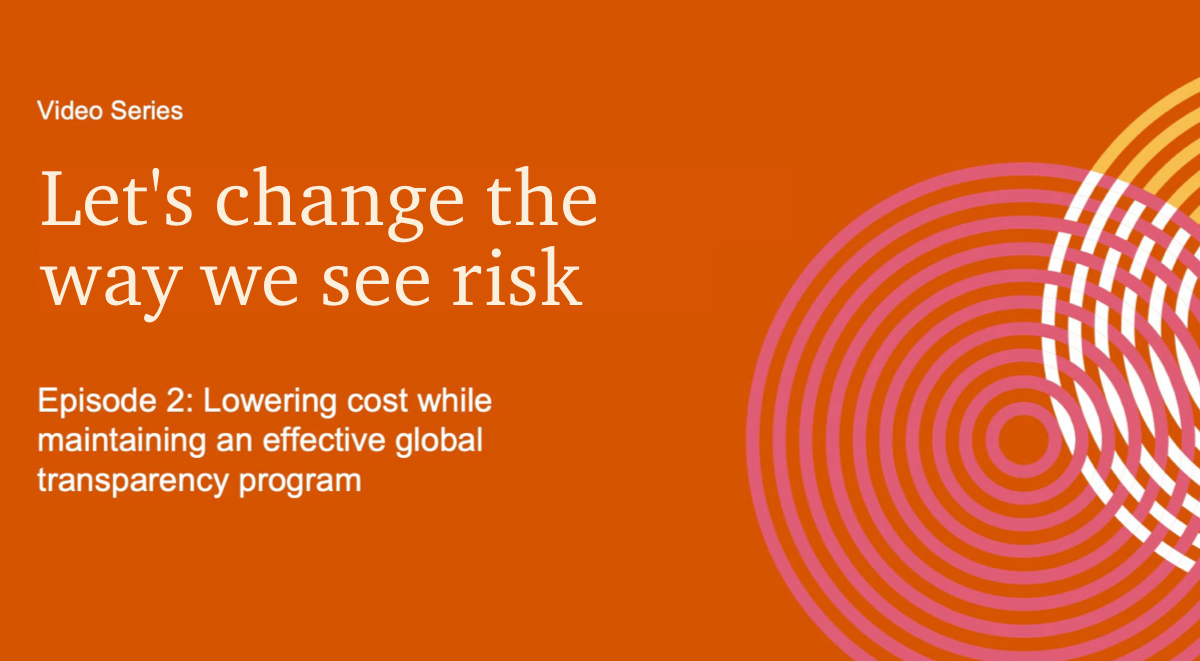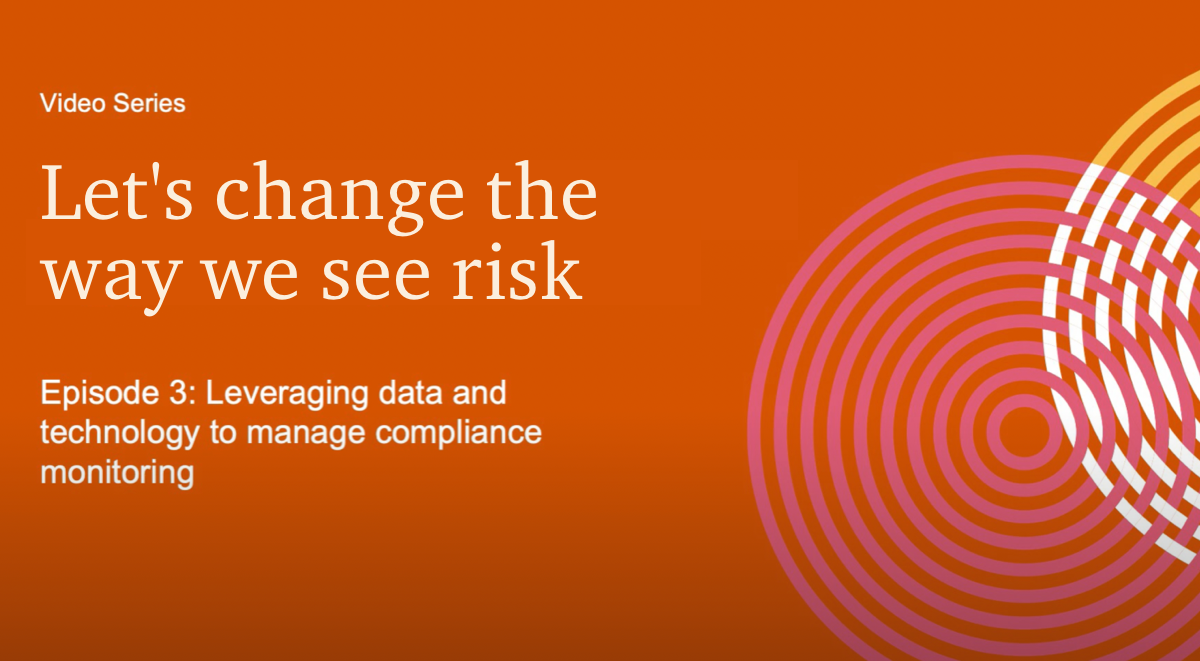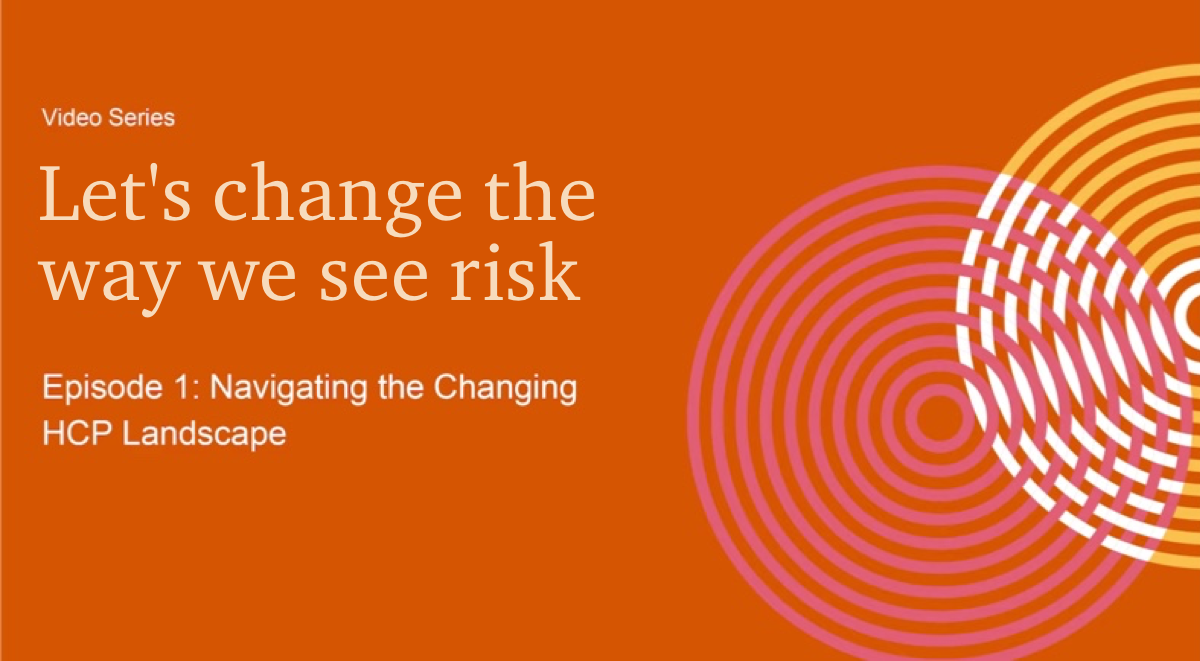Quality and compliance for decentralized clinical trials
March 17, 2023
Decentralized clinical trials (DCT) can benefit participants and the organizations that conduct them, such as health care, pharmaceuticals, and medical device manufacturers. But they typically require significant changes in data management, Information Technology (IT) infrastructures and risk mitigation to succeed.
In this installment of our “Let's change the way we see risk” series, Tiffany Gallagher, Health Industries Risk and Regulatory Leader, PwC US, and Roma Sharma, Quality and Risk Management Managing Director, PwC US, discuss the benefits of decentralized clinical trials (DCT) and how to improve data integrity, reduce risk and increase compliance.
Decentralized clinical trials use technology to monitor participants and collect data — often in real-time. Using technology to extend trials to remote locations can deliver a variety of benefits. It can help reduce the burden of taking part in a trial and increase the diversity of participants, which can help drive better results.
Another advantage to DCTs can be more data. Because patient assessments aren’t limited to a study site, researchers can access more information and gain deeper insights. However, without the right infrastructure and processes in place, those conducting these types of trials can often put organizations and patient data at risk.
Maintaining data integrity
Data integrity is essential to clinical trials. When subjects undergo trials in a controlled environment, it’s easier to confirm they follow protocols. But when they share progress remotely through video, automated monitors or other applications, data collection strategies should adapt. That means putting robust quality procedures in place for data collection processes and documentation, so teams get accurate data and sufficient information to drive decisions.
In fact, clinical trial data integrity has been a recent focus for the Food and Drug Administration (FDA). The FDA released draft guidance governing remote data acquisition through digital health technologies in clinical investigations last year. Privacy, record protection and retention and general maintenance of IT systems are cited as key requirements to help improve the quality and integrity of data, adequate protection of participants and satisfaction of any regulatory requirements applicable to clinical investigations.
Improving data quality and security
To help address regulatory guidance and protect patients, trial sponsors should consider how the new data-generating technologies can change their digital structure. For example, if subjects report adverse events (like side effects) directly through an app, organizations should assess whether current systems can handle a new influx of reporting.
This often puts more pressure on IT systems, which means traditional risk management activities, such as site audits, will often have to evolve. Traditional audits should be supplemented to establish compliance with:
Computer system validation (CSV)
Code of Federal Regulations (21 CFR Part 11)
Health Insurance Portability and Accountability Act (HIPAA)
Previously, these reviews may not have required deep IT knowledge, but as the technology becomes more complex, having technologists assist with these audits is essential.
Helping reducing risk and driving transformation
With the right approach, organizations can use the massive amounts of data they generate to transform security and compliance operations. Imagine having a central repository for all the relevant data points generated as a trial is conducted. This data can feed into a common monitoring platform that can allow auditors to visualize progress towards quality assurance goals. By centrally organizing data, reports and feedback from different parts of a trial, sponsors can gain a better understanding of where the trial is headed and what changes might enhance data and results quality in real time.
A monitoring platform can also support data security and compliance by making it possible to track irregular activities that could compromise trial integrity. Clinical trial teams would be able to quickly identify issues or discrepancies and address them before they become audit findings, and quality assurance teams could spend their energy auditing outliers, establishing more robust trial data. This can help save money and speed up the time-to-market for sponsors.
Find out how to put the data generated by DCTs to work for your organization — and protect it at the same time. Learn how centralized data analysis platforms like PwC's Risk Detect can monitor pre-identified risks, analyze trends, enable compliance and more.
Check out other related risk management insights

Explore our products
Stay read for new risks and remain compliant with products and technologies designed by industry experts — and built for your needs. Our consultants are here to help you keep your business protected and prepared so you can focus on what's next.
View products

